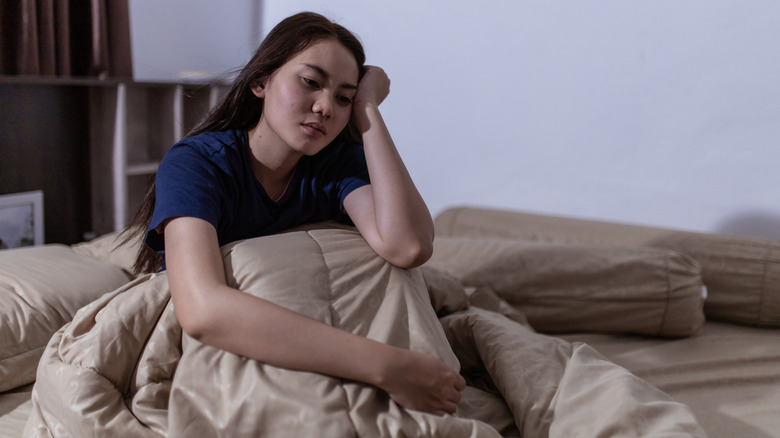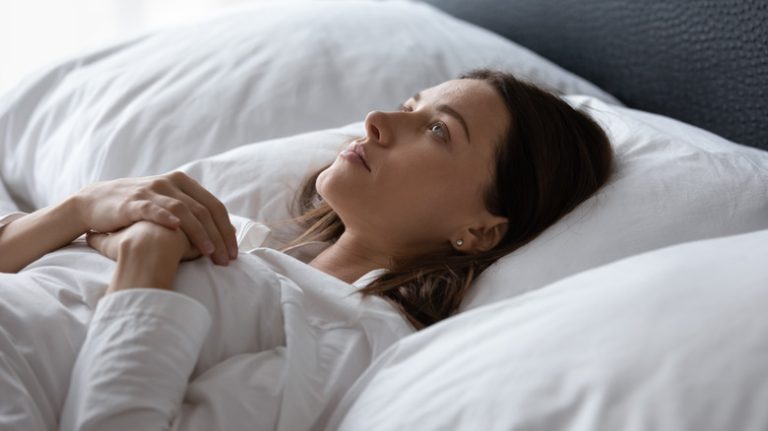If you find yourself taking naps more often than you’d like, it could be a sign that you’re not getting enough sleep at night. Or, it could be a sign of an underlying health condition. Either way, it’s important to talk to your doctor to figure out what’s going on. There are a few different reasons why someone might take more naps than usual. It could be due to a lack of quality nighttime sleep, or it could be due to an underlying health condition that causes fatigue (via CNN).
If you’re not getting enough sleep at night, you may find yourself taking naps during the day to try and make up for it. This can be a vicious cycle, as napping can actually make it harder to fall asleep at night. If you think this might be the case, talk to your doctor about ways to improve your sleep habits. There are also a number of health conditions that can cause fatigue and make someone more likely to take naps during the day. Conditions like anemia, diabetes, and heart disease can all lead to fatigue. If you have any underlying health conditions, it’s important to talk to your doctor about how they might be affecting your need for naps.
Why is sleep so important?

Sleep is important for many reasons. It helps to rest and restore the body, gives the brain time to process information and consolidate memories, and helps to regulate hormones. Sleep also plays a role in maintaining a healthy immune system. Lack of sleep has been linked with an increased risk of obesity, heart disease, stroke, and diabetes (via The Sleep Foundation). It is also associated with poorer mental health, including anxiety and depression. So, getting enough sleep is crucial for overall health and well-being.
There are a few things you can do to help ensure you get a good night’s sleep. Establish a regular sleep schedule and stick to it as much as possible, create a calming bedtime routine to help signal to your body that it’s time to wind down for the night, and make sure your sleeping environment is dark, quiet, and cool. You should also avoid caffeine and alcohol in the evening and avoid working or using electronic devices in bed. If you’re having trouble sleeping, don’t hesitate to talk to your doctor. They can help you identify any underlying causes and recommend treatment options.



